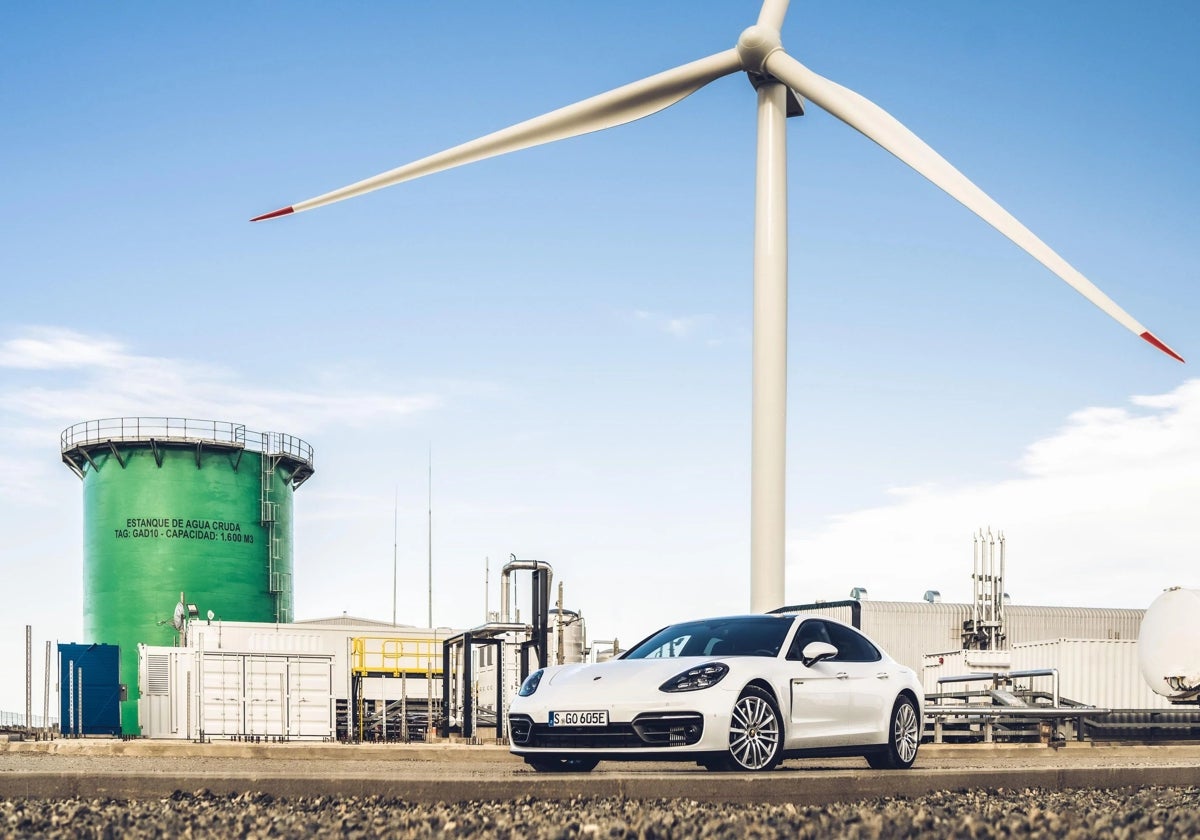

Sections
Services
Highlight

Juan Roig Valor
Lunes, 26 de agosto 2024, 10:05
"Europe can only achieve its CO2 reduction targets with an approach that encompasses all possible technological solutions," stated the president of the German Association of the Automotive Industry (VDA). "Policy must establish incentives for the increase of renewable energies to ensure and promote investments."
In a recent document, the organization demanded an ambitious approach for the future Renewable Energy Directive (RED III) that the EU is developing, with the intention that renewable fuels be included in the legislation, which was revised in 2023.
According to the association, "RED III sets a clear climate target for the transport sector in EU member states, but does not do so for renewable fuels. With them, the combustion vehicle fleet can operate in a climate-neutral manner in the long term, and zero-emission market growth can be incentivized."
"The fact is that the increase in electromobility, including hydrogen technologies in the commercial vehicle sector, will allow significant CO2 reductions in the coming years. However, this is not enough, as there will still be combustion engine vehicles in Germany for a long time," emphasizes Müller.
"Even if the Government's target of 15 million electric cars by 2030 is reached, there will still be at least 40 million cars and trucks with combustion engines on German roads." For this fleet of vehicles, renewable fuels are urgently needed, according to the VDA.
Furthermore, the association points out that the regulation, as currently drafted, is not precise when it comes to accounting for energy. They state, "certain amounts put into circulation are counted multiple times; for example, charging electricity is counted as three times its actual amount."
With this, "investment incentives are intended to be created, but they have a demand-inhibiting effect if the overall regulatory targets do not increase accordingly." The VDA maintains that multiple accounting should gradually disappear by 2030, except for hydrogen, which should maintain its investments for the future.
Publicidad
Publicidad
Te puede interesar
Publicidad
Publicidad
Esta funcionalidad es exclusiva para registrados.
Reporta un error en esta noticia

Debido a un error no hemos podido dar de alta tu suscripción.
Por favor, ponte en contacto con Atención al Cliente.

¡Bienvenido a TODOALICANTE!

Tu suscripción con Google se ha realizado correctamente, pero ya tenías otra suscripción activa en TODOALICANTE.
Déjanos tus datos y nos pondremos en contacto contigo para analizar tu caso

¡Tu suscripción con Google se ha realizado correctamente!
La compra se ha asociado al siguiente email
Comentar es una ventaja exclusiva para registrados
¿Ya eres registrado?
Inicia sesiónNecesitas ser suscriptor para poder votar.